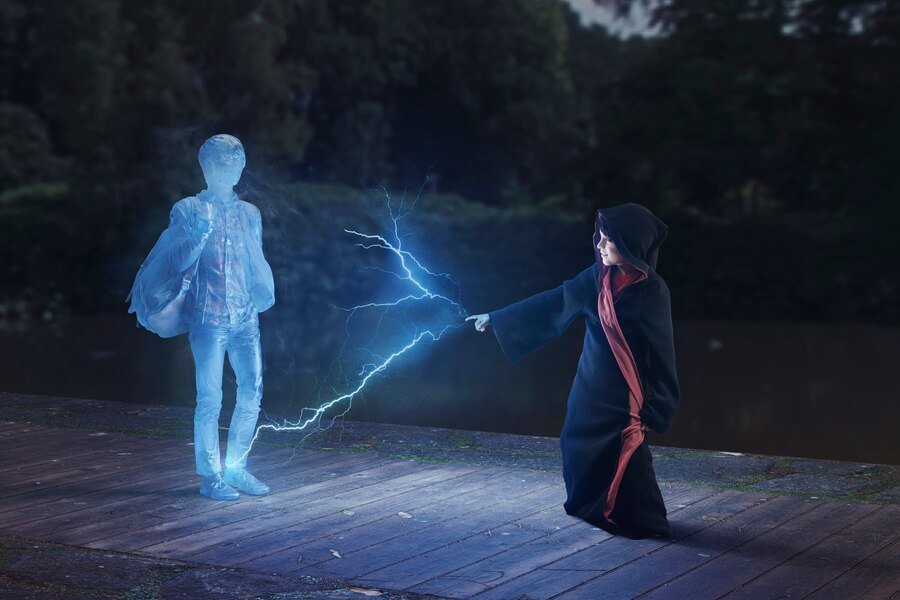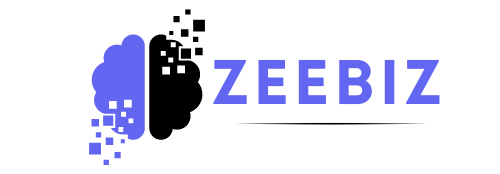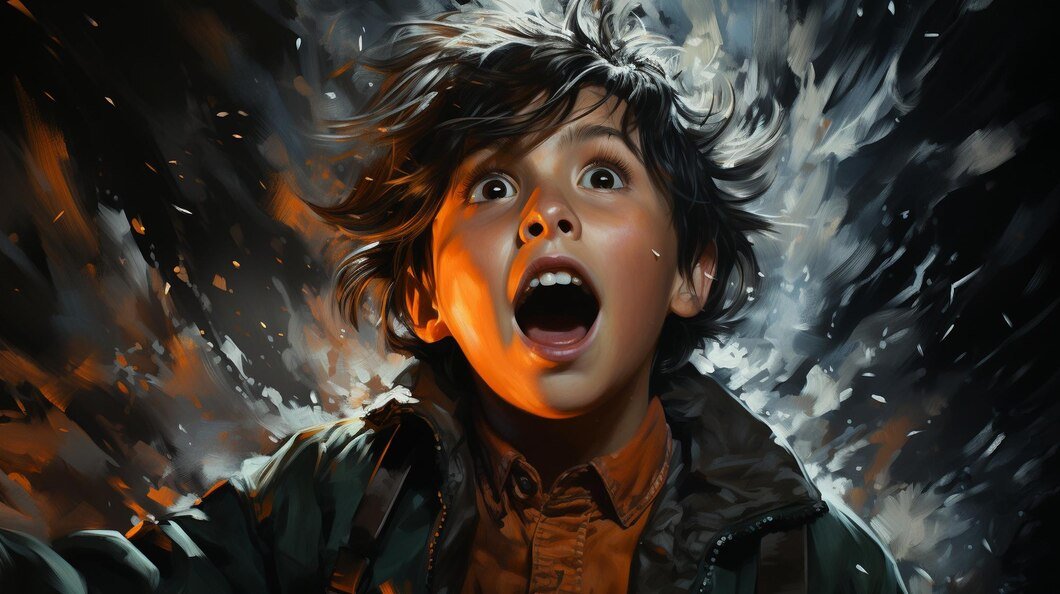In the world of My Hero Academia, every chapter brings readers closer to understanding the deeper emotions and motivations of its characters. Chapter 429 continues this journey, offering fans not only thrilling action but also an introspective look at the personal struggles faced by heroes and villains alike. This chapter is especially significant as it delves into the complex relationships and personal sacrifices of characters like Izuku Midoriya (Deku), Ochaco Uraraka, and Himiko Toga.
Deku and Uraraka: A Moment of Vulnerability
One of the most poignant elements of Chapter 429 is the interaction between Deku and Uraraka. Both characters are burdened by guilt, self-doubt, and the desire to save others, even those who may seem beyond redemption. In this chapter, their mutual empathy is evident, allowing fans a glimpse into the emotional toll of their roles. For Deku, saving others is a personal creed. Uraraka, however, brings a different perspective, one grounded in understanding and compassion. Their conversation highlights the profound respect they share for each other, not just as heroes but as people bound by similar ideals.
The Tragic Arc of Himiko Toga
Toga’s fate is at the heart of this chapter, bringing a close to her turbulent journey. From her beginnings as a misunderstood individual to her life as a villain, Toga’s story sheds light on the complex, often blurred line between heroism and villainy. Her relationship with Uraraka has been one of the most layered in the series, rooted in both admiration and rivalry. The acknowledgment of her tragic end signifies not only her acceptance by her former adversaries but also the moral ambiguity of a world where some individuals are driven to dark paths due to their own pain.
How This Chapter Builds Toward the Finale
The manga is moving toward its conclusion, and Chapter 429 lays down the emotional groundwork for what promises to be a powerful ending. The intensity of the battles and the subsequent conversations between characters indicate that unresolved emotional and ideological conflicts are likely to be addressed before the series closes. By exploring Toga’s demise and the reactions of key characters, My Hero Academia reiterates that heroism is not only about physical strength but also emotional resilience.
The Moral Complexity of Heroism
This chapter serves as a reminder that heroism comes with moral ambiguity. Deku and Uraraka’s empathy for Toga showcases the notion that not all villains are inherently evil. Rather, many are products of societal rejection or circumstances beyond their control. This is a theme echoed throughout My Hero Academia and one that has defined several of its characters, both heroes and villains.
Art and Visual Storytelling in Chapter 429
Kohei Horikoshi’s art in Chapter 429 reflects the emotional weight of the narrative. The careful detailing of expressions, especially in scenes involving Toga, emphasizes her internal struggle. Deku and Uraraka are depicted with visible empathy, their faces reflecting sorrow and exhaustion. The visual storytelling is not only a testament to Horikoshi’s skill but also a narrative device that brings readers closer to the emotional depth of each scene.
The Role of Relationships in Character Development
Chapter 429 also explores the importance of relationships in character growth. Deku’s bond with his friends and his complex dynamics with other characters such as Bakugo and Uraraka reveal how these connections shape his moral compass. Uraraka’s compassion toward Toga, despite their adversarial positions, underscores her own development from a rookie hero to someone who sees beyond labels. These relationships form the core of the series, demonstrating that individual growth often depends on interactions with others.
Setting Up the Stage for Closure

As the series approaches its finale, Chapter 429 sets the stage for a meaningful conclusion. By addressing Toga’s fate and delving into the unresolved emotions of Deku and Uraraka, the chapter hints at a possible resolution of ideological conflicts. This setup has created high expectations among fans, many of whom hope that My Hero Academia will offer a satisfying end that stays true to its central themes.
Conclusion
My Hero Academia Chapter 429 is a deeply emotional installment that explores themes of empathy, tragedy, and the moral complexity of heroism. Through the interactions between Deku, Uraraka, and Toga, the chapter offers readers a profound look at the personal sacrifices and moral challenges that define the series. As fans anticipate the final chapters, they can take comfort in knowing that My Hero Academia has stayed true to its message of hope, resilience, and understanding—even for those who walk the path of darkness.











